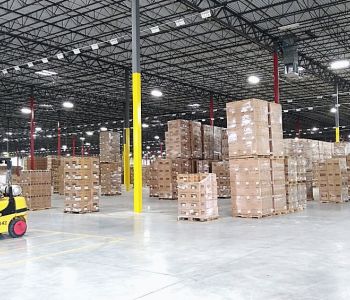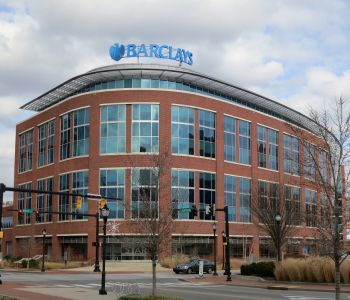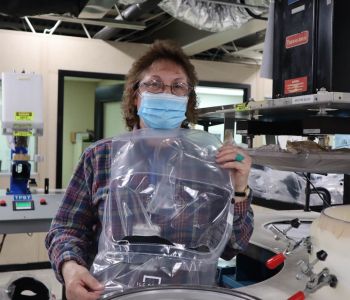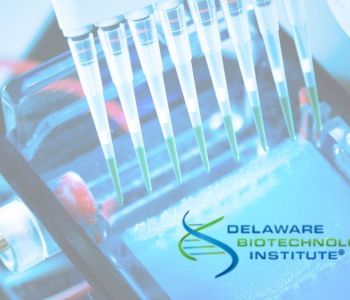Delaware Prosperity Partnership

August 10, 2020
Face Masks on Government Cars to Promote Mask-Wearing

August 5, 2020
Mid South Audio Set to Crank Up the Volume

July 30, 2020
NorthPoint Development Staying on Course

July 23, 2020
Dart Container is First Tenant in Delaware Logistics Center

July 7, 2020
To Be Made in Delaware

June 29, 2020
Barclays US Consumer Bank Adding New Jobs in Delaware

June 25, 2020
Hello Ollo!

June 18, 2020
Halosil Helping to Slow Spread of COVID-19

June 15, 2020
Pandemic Spurs Innovation at ILC Dover

June 12, 2020
Sustaining the Supply Chain After COVID-19

June 10, 2020
Delaware’s Triple-A Bond Rating Reaffirmed

June 8, 2020
Delaware Biotechnology Institute® on Cutting Edge























